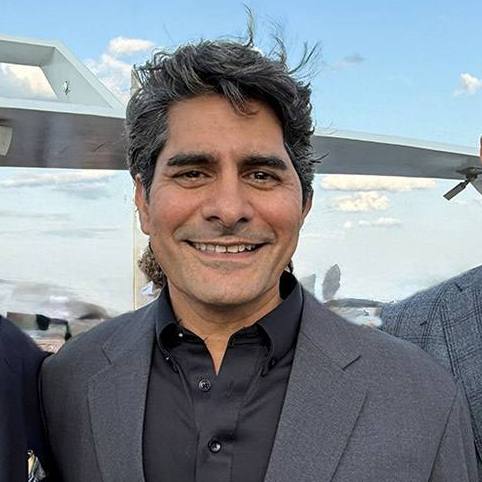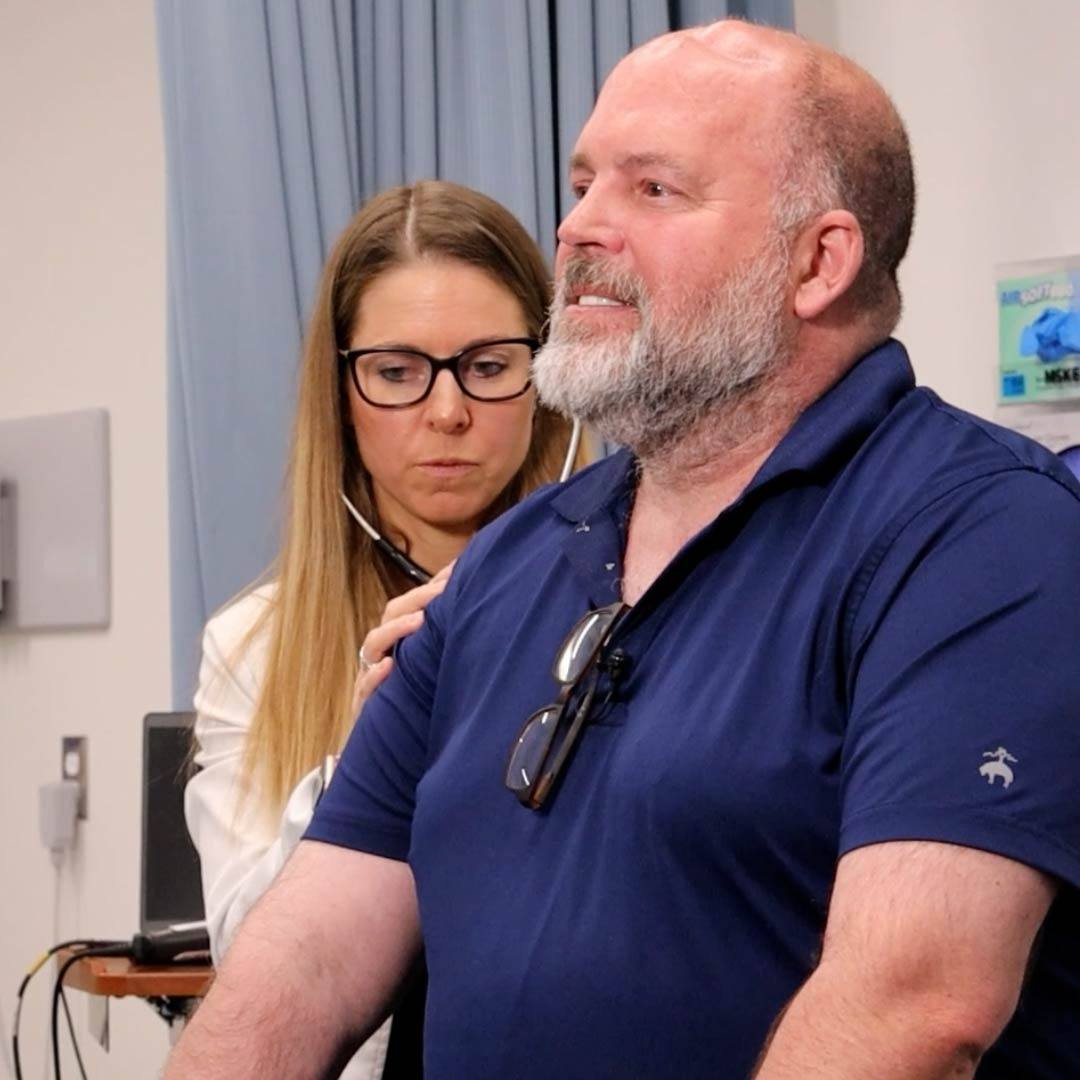When Ali Nowotny was just 15, she began to“blank out.” It was summer of 2006, and she was working as a waitress in her hometown of Rapid City, S.D. The episodes occurred about once a month, and left her “spaced out” for several minutes, slurred her speech and gave her headaches.
Ali shrugged them off. But when her boss witnessed an episode, Ali got the encouragement she needed to see a neurologist.
Magnetic resonance imaging (MRI) showed an abnormality on the left side of her brain. Her doctor prescribed medications to control what was diagnosed as a type of epilepsy called partial complex seizures. Medications reduced episodes from 15 to 20 times a day once a month to two to three seizures one day a month.
For two years, Ali took the medication and managed. She continued to participate in St. Thomas More High School cheer and dance teams. But, her studies were suffering.
Ali thought her difficulty at school was due to stress. Her neurologist suggested a second opinion. Ali did the research and opted for Mayo Clinic in Rochester, Minn.
In early July 2008, Ali and her dad, Craig Nowotny, saw pediatric neurologist Elaine Wirrell, M.D., and neurosurgeon Nicholas Wetjen, M.D. Tests identified what looked like a tumor in Ali’s left temporal lobe — the part of the brain connected to memory.
The abnormality showed little growth and appeared benign. But surgeons wouldn’t know for sure until it was removed. The Mayo team suggested the surgery, and soon. Ongoing seizures can impact memory and are unlikely to be controlled with medication.
Ali had another agenda. She wanted to complete the dance and cheer season, including the 2008 Girls Dance and Cheer Competition in November. Her doctors agreed to a delay. And Ali’s school dance team went on to win the Class A Team Dance Championship.
Ali and her dad returned to Mayo in mid-December for surgery.
Dr. Wirrell explained the goal of surgery was to remove the abnormality and stop the seizures without causing additional damage. To do that, another team of Mayo medical specialists worked to determine the surgical approach.
E. Paul Lindell, M.D., a neuroradiologist, and Max Trenerry, Ph.D., a neuropsychologist, and their team would perform the Wada test to locate the dominant language and memory areas in Ali’s brain.
“The doctors were up front with the risks involved,” says Craig. Even with successful surgery, Ali would likely lose some of her ability to retain new memories.
“We came here with the idea to get rid of the seizures permanently,” says Craig. Ali agreed. “If I have to work harder at learning stuff, I’ll work harder,” she says. “Do what you gotta do,” she told her doctors.
Ali spent six hours in the surgical suite on Dec. 19, 2008. By the next afternoon, she was visiting with her brother, Dusty, and other family and friends. Following surgery, doctors discovered the mass they removed contained no tumor cells. Instead, they hoped that removing the abnormal brain tissue would stop Ali’s epileptic seizures.
Just six days after the surgery, Ali and her dad returned to South Dakota to spend Christmas with family. Ali left Mayo saying, “I’m going to take it slow.” But slow isn’t Ali. She was back into dance and cheerleading by the end of February.
“She’s fine, physically, but gets a little overwhelmed at times, when doing a lot of nighttime activity,” says Craig. Since surgery, Ali has not had a seizure. And, her memory hasn’t suffered.
“School is going pretty good,” she says. Tests have been a bit tough, but her test anxiety is abating.
“The best thing about being at Mayo Clinic,” says Ali, “was knowing that everyone there has their own story. You aren’t the only person with issues.”
Ali’s journey may even take her back to Mayo Clinic. She is thinking she might like to work there some day. “Mayo is so different … everyone is there for you, even people you don’t know,” she says.
Editor’s note: Thanks to the Rapid City (S.D.) Journal reporter Lynn Taylor Rick and photographer Kristina Barker. Sharing used information and photos from a series of stories in the newspaper about Ali Nowotny’s journey. Read them at www.rapidcityjournal.com/shared-content/story_tools/presentation/?id=78.
Catherine Benson is a consultant in the Department of Public Affairs, Mayo Clinic Rochester.



















